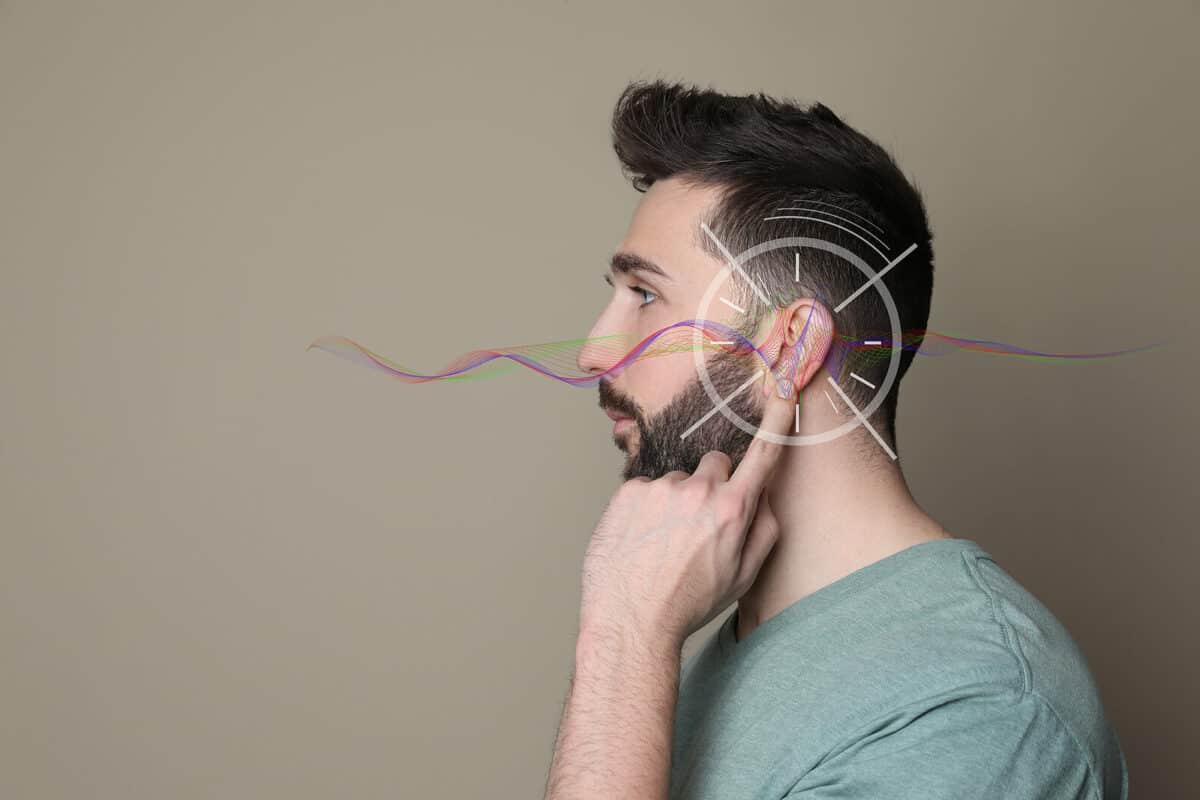- The Advantages of Rechargeable Hearing Aids - July 16, 2024
- How to Enjoy Music Festivals While Protecting Your Hearing - July 3, 2024
- Over-the-Counter Hearing Aids vs. Custom Hearing Aids - June 28, 2024
As we age the risk of hearing loss rises. By the time we cross the threshold of 60 years old, one in four of us will have hearing loss but within five years, this number jumps to one in three. By the time we reach 75 years and half of us will have hearing loss. Even so, there are things you can do now to protect your hearing for the future. Hearing loss is not an inevitable part of aging. It is important to do what we can now to prevent hearing loss in the future. Unaddressed, hearing loss can increase the likelihood of loneliness, depression, social isolation, cognitive decline, dementia, and decreased mobility, leading to a host of dangerous health complications as we age. Here are some things that you can do to ensure that you hold on to healthy hearing for years to come.
Protecting our hearing by understanding how we hear
We collect sound with our ears, but the process is not complete until sounds reach our brain. Amazingly, our ears complete this process by converting the vibrations of soundwaves into electrical impulses which are sent via tiny hairlike cells in our inner ear. These cells, called stereocilia, are the sole delivery system of sounds from our ears to the brain. They can be damaged by a host of everyday environmental inputs and when this occurs it is known as sensorineural hearing loss. Sensorineural hearing loss comprises 90 percent of all types of hearing loss and knowing the daily risks, gives us the tools to help protect your hearing for years to come.
Support cell health by managing your blood pressure and cardiac health
Hypertension, also known as high blood pressure and heart disease become an increasing concern as we age. Not only does it put us at a higher risk for heart attack and stroke, but it can affect the delivery of blood to the stereocilia in our ears. Stereocilia rely on a healthy supply of blood in order to stay healthy, so over time, chronic health conditions can damage the integrity of the cells of our ear, causing sensorineural hearing loss.
Quit smoking once and for all!
Are you a smoker? Studies definitively show that cigarette smoke can exponentially affect your hearing depending on how much you smoke. Even if you live with a smoker or smoke while pregnant, know that you are putting the hearing health of everyone around you at risk!
Manage your diabetes
Diabetes affects your cell’s ability to absorb the nutrients they need to stay healthy, and this includes stereocilia as well. Research shows that diabetes doubles the risk of hearing loss. If you have diabetes, you should make sure to follow your doctors’ instructions including a modified diet, regular exercise and take your medications. In addition, include screening for hearing loss as part of your diabetes treatment.
Regular exercise
Regular cardiovascular exercise not only increases blood flow to your heart, lungs and ears, but can reduce stress as well. It doesn’t take much to increase the strength of your inner ear and entire system. Doctors recommend at least 30 minutes of cardiovascular exercise at least three times a week.
Eat a balanced diet
A balanced diet will help you feel better than you even knew you could feel! You may not even know it until you try it. Years of a diet which prioritizes sugars, breads and fats can leave you unaware of the potential in a more even mood and energy levels. In addition, whole foods such as vegetables, fruits, whole grains, and lean proteins can help protect you from noise induced hearing loss by fortifying the cells of the inner ear to stay stronger in the face of noise.
Know your family history
The risk of hearing loss is exponentially increased if hearing loss runs in your family. If you know that your parents or grandparents struggled with hearing loss, then it is important to start screening earlier in life. The sooner you detect and treat a hearing loss the better.
Monitor your exposure to noise
We are exposed to damaging levels of sound every day. It is important to monitor your daily exposure at work, home and during recreational activities to make sure that it is not increasing your risk of hearing loss.
To find out what you can do to reduce your risk of hearing loss, contact us to set up a hearing exam today!

